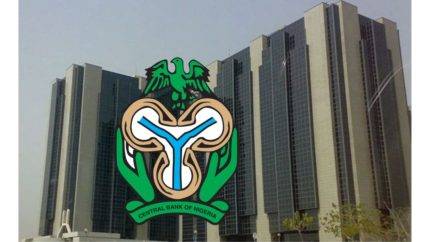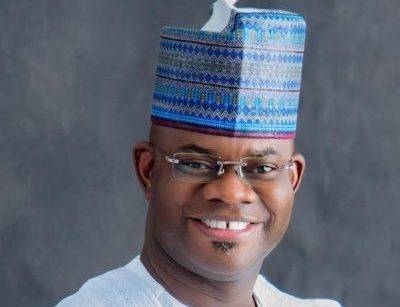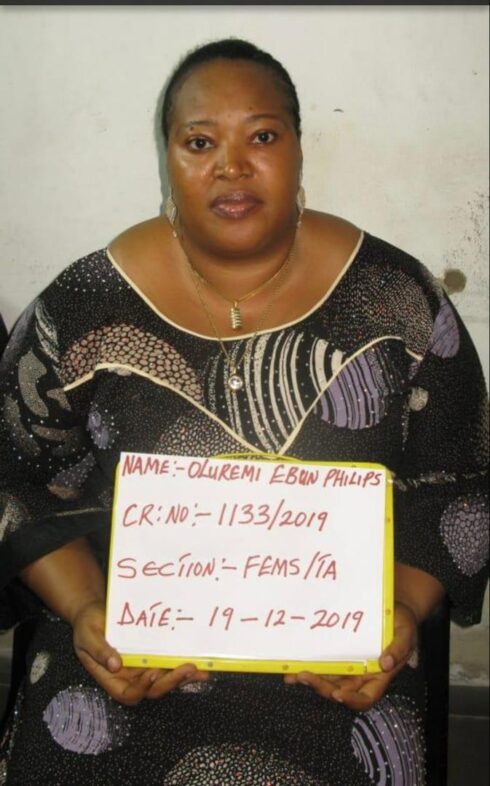Former Kogi State Governor Yahaya Bello has regained his freedom after meeting the bail conditions set by the court. Bello, who was accused of embezzling N84.2 billion during his tenure, walked out of the Kuje Minimum Custodial Centre in Abuja to a hero’s welcome. Upon his return to Kogi State, a jubilant crowd of supporters celebrated his release, triggering widespread criticism over the public perception of accountability. The grand reception he received has raised questions about the moral compass of political supporters and the societal normalization of corruption in Nigeria.
The case has sparked renewed debates on the handling of corruption allegations against political figures in the country. Critics argue that high-ranking officials accused of financial crimes often escape with minimal consequences, which undermines the nation’s anti-corruption efforts. Yahaya Bello’s release on bail, despite the severity of the allegations, has drawn attention to perceived loopholes in the judicial process. Many Nigerians are calling for stricter measures to ensure justice and accountability for those entrusted with public funds.
Jubilant Reception Despite Alleged N84.2 Billion Theft
Yahaya Bello’s return to Kogi State was greeted with widespread celebrations, as throngs of supporters lined the streets to welcome the former governor. His homecoming was marked by rallies and public displays of loyalty, with followers expressing their unwavering faith in his leadership despite the serious allegations of misappropriating N84.2 billion in public funds. The jubilant atmosphere painted a stark contrast to the gravity of the accusations, raising eyebrows and sparking debates about the societal acceptance of corruption in Nigeria’s political landscape.
Critics and observers have expressed deep concern over the celebratory response, questioning the public’s role in enabling a culture of impunity. The spectacle underscores a troubling trend in Nigerian politics, where individuals accused of significant corruption often retain public admiration and political influence. Analysts argue that such attitudes weaken the country’s fight against corruption, as the lack of accountability sends a dangerous message to those in power and erodes trust in the nation’s governance systems.
Governor Ododo’s Call for Unity Amid Controversy
Kogi State Governor Ahmed Usman Ododo joined the celebration, calling for unity among the people of the state. While avoiding direct mention of the corruption allegations, Ododo expressed optimism about Yahaya Bello’s continued contributions to the state’s development.
This stance has drawn mixed reactions, with critics accusing the governor of downplaying the gravity of the accusations. Others see it as an attempt to preserve party unity, given Yahaya Bello’s significant influence within the All Progressives Congress (APC).
Corruption Allegations and Legal Loopholes
The allegations against Yahaya Bello involve the diversion of N84.2 billion in public funds, a staggering sum that has raised questions about governance and accountability. While his bail terms were reportedly stringent, critics argue that the ease of his release reflects systemic failures in tackling corruption.
Many Nigerians have expressed frustration with the judicial system, which they believe often favors the elite. Activists are calling for reforms to ensure that those accused of mismanaging public funds face justice, regardless of their political clout.
Public Support Highlights Nigeria’s Corruption Culture
The enthusiastic reception of Yahaya Bello underscores a broader issue in Nigeria’s political landscape: the normalization of corruption. Many supporters dismissed the allegations as politically motivated, emphasizing their trust in his leadership.
This loyalty, despite serious accusations, raises questions about the public’s role in holding leaders accountable. Analysts warn that such attitudes embolden corrupt politicians and hinder the nation’s progress toward transparency and good governance.
Systemic Corruption Overshadows Nigerian Politics
Yahaya Bello’s release and subsequent celebrations epitomize the challenges Nigeria faces in combating corruption. Critics argue that the political system enables individuals accused of embezzling public funds to return to power or influence unscathed.
The incident has fueled calls for stronger institutional reforms to address corruption. Without decisive action, observers warn, Nigeria risks perpetuating a cycle where accountability is sacrificed for political expediency.
Table of Contents
Discover more from OGM News NG
Subscribe to get the latest posts sent to your email.












